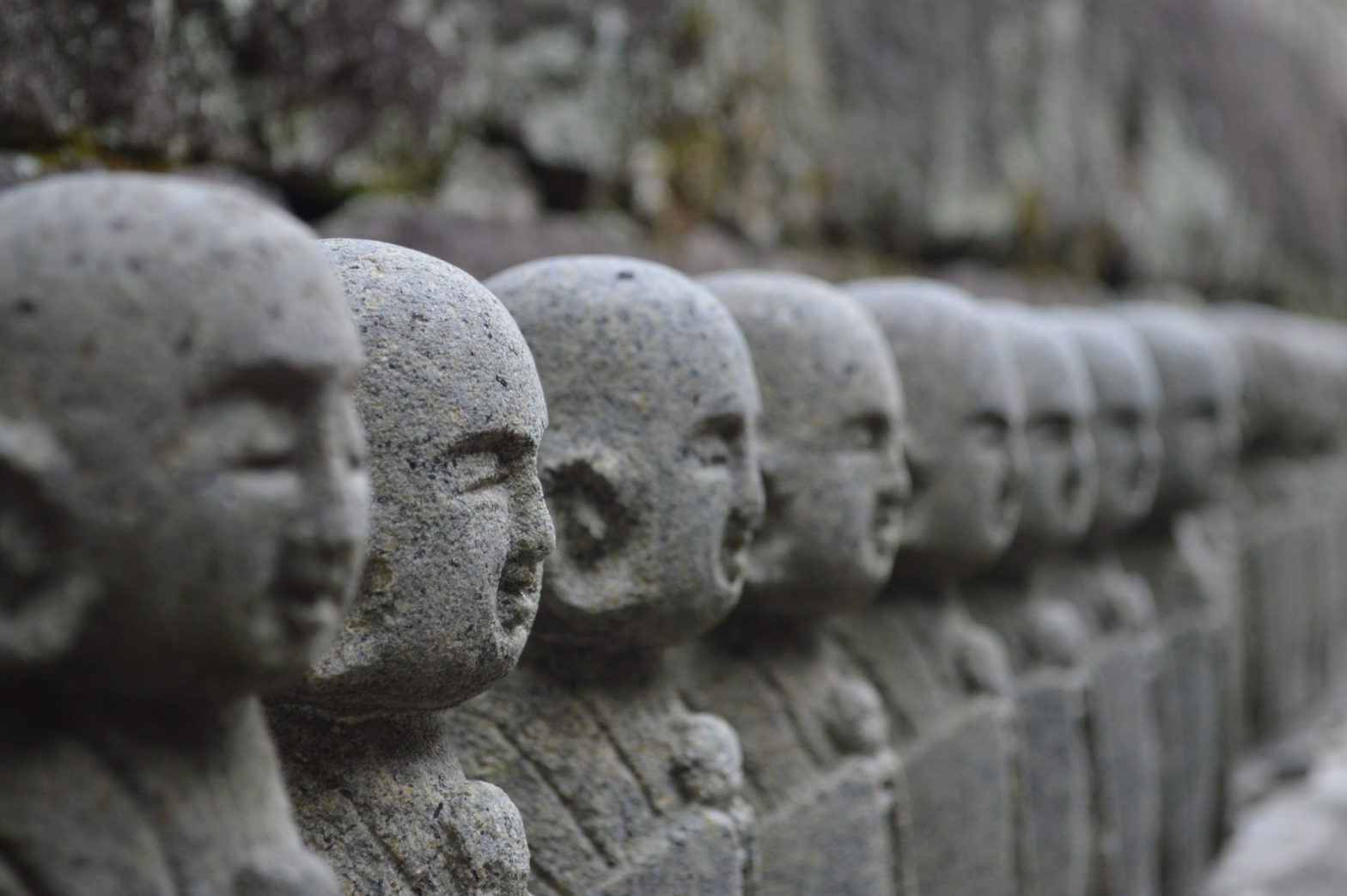What if sharing research and ideas to solve the world’s problems could look more like a music festival than a stuffy old scientific conference? Officials from Umeå who travelled to Kamakura as part of the last phase of International Urban and Regional Cooperation were inspired by that city’s approach to local participation – organising a kind of ‘hackathon’ with a difference.
Kamakura, which is about 45 minutes outside Tokyo, had recently been built by people who were looking for a different lifestyle than the one Tokyo had to offer and with them also came several contractors who made the area a small Silicon Valley.
They started on their own initiative an association that organises something they call Kamacon. It is a kind of citizen dialogue where you meet across sector boundaries; researchers, citizens, entrepreneurs, students, pensioners – everyone with an interest in their own place is welcome to participate.
On a Thursday every month, you meet and before the meetings, you have had to send in suggestions for activities, places, functions and ideas in general that you think would make Kamakura even better. Then all participants choose which idea they want to brainstorm around and you divide into groups.
For an hour, you throw out what ideas you get around the current example: obstacles, solutions, people to contact, financing routes, etc. Then you meet and summarise what you have come up with with the goal of finding an idea that a selected project group works on.
Then there’s a party!
The municipal officials from Umeå thought this was a shining example of collaboration and saw something similar in front of them in their city.
The winter of 2020 opened up an opportunity through Umeå’s Innovation Platform Social Progress Innovation Sweden – a project funded by Vinnova and carried out in collaboration between Umeå Municipality and the research institute RISE. Ida Hillebjörk, local creator and entrepreneur, was hired for nine months to develop the concept, arrange it for the first time and set the ball rolling. The first instance of this event has had to be digital, for obvious reasons, with online music and classes in sustainable cooking and an innovation focus on moving away from the private car.
